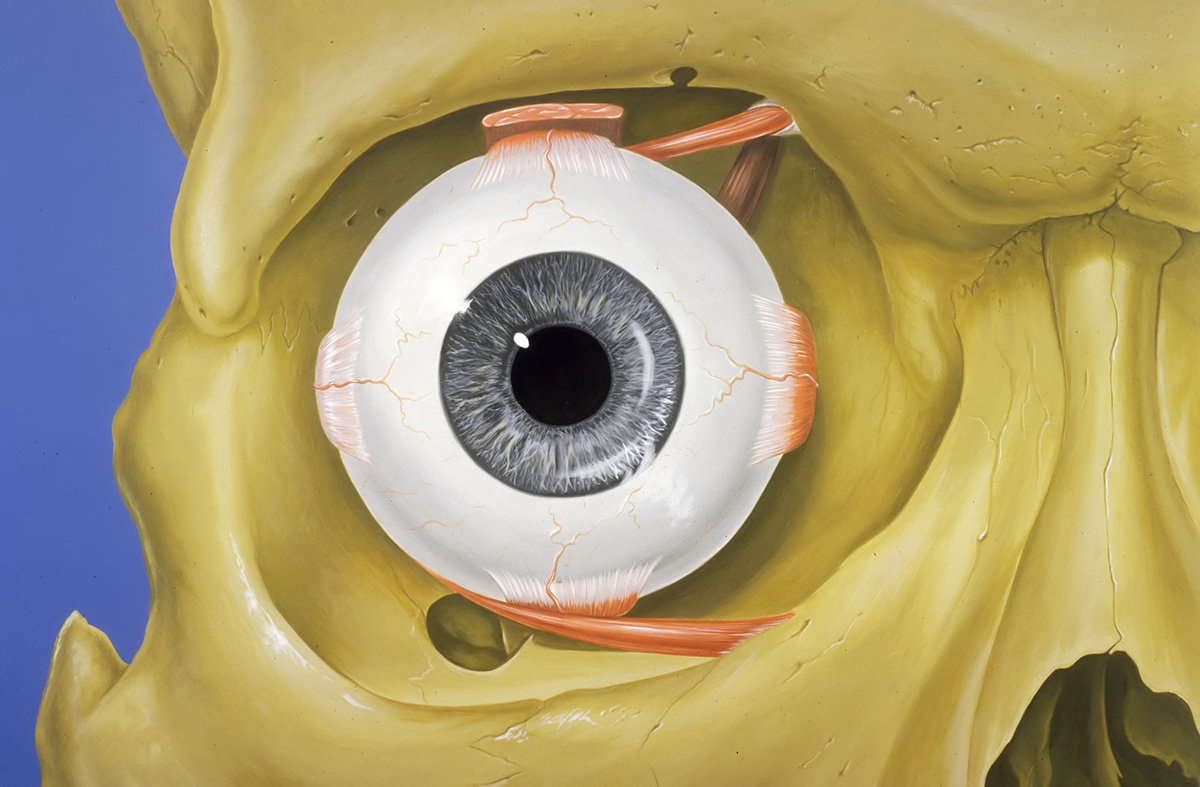
Muscle spasm
A muscle spasm is a quick and sudden, painful involuntary contraction of a muscle, which is typically resolved quickly. Do not mix muscle spasm and muscle twitch. Spasm affects the entire muscle, while twitch affects only a small segment of a larger muscle.
Muscles
Muscles are specific tissue that has the ability to contract, that is, to change its length. This causes movement in the body, specifically movement of tissue, organs or bones to which the contracting muscle is attached. Human bodies have three types of muscles, skeletal muscles, smooth muscles, and heart muscle. Striated (skeletal) muscles move external parts of the body by moving bones, smooth muscles are found in walls of organs and move organs or parts of organs, and heart muscle pumps blood through the circulatory system. Portions of hollow structures inside the body, such as the stomach and intestine. A majority of skeletal muscles are under willful control, most smooth muscles and heart muscle are controlled by the unconscious part of the brain via the autonomic nervous system.
Causes of a muscle spasm
Among the numerous causes for muscle spasm, overuse of muscles is on the first place. A tired muscle becomes hyperexcitable and goes overboard when the 'contract' command arrives, going into a forceful contraction. Such, spasm involves either a part of a muscle or the whole muscle, and in some cases even adjacent muscles. This kind of spasms is common in athletes and construction workers and are typically affecting large muscles.
Lack of water, glucose, sodium, potassium, calcium, and magnesium (dehydration and lack of electrolytes) causes increased irritability of the muscles and makes them prone to spasm.
Narrowed arteries (atherosclerosis) cause imbalance in nutrients in the muscles that also lead to spasms. Some medical conditions such as diabetes, anemia, kidney disease and hormonal imbalance may also cause muscle spasms.
Smooth muscles are also prone to spasm. You have probably experienced a colic – pain in the intestines caused by spasm of the smooth muscles in the intestinal wall (typically related to diarrhea), or spasm of the muscles of the ureters related to passing of kidney stone
Treatment of muscle spasms
Prevention is the best form of treatment. Dehydration and electrolyte disturbances are the usual suspects for muscle spasms and it is recommended to keep the organism hydrated and well-supplied with necessary minerals. Also, preparing muscles for intense activity (warming up) will make them less irritable and prone to spasm. Initial treatment of the spasming skeletal muscle is careful stretching of the muscle back to its relaxed length, in order to break the spasm.




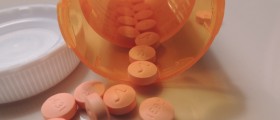





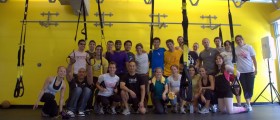

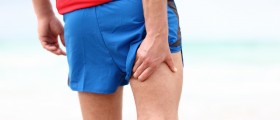
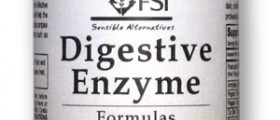

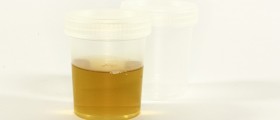
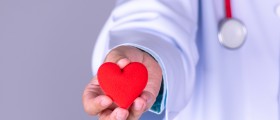
Your thoughts on this
Loading...